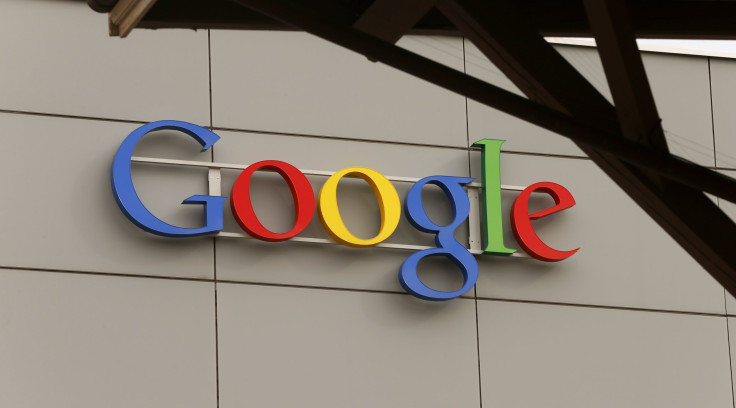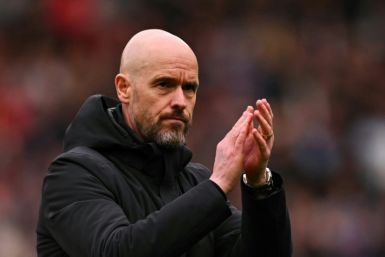Alphabet recognises software progress crucial to Android and Chrome OS merger but refuses to acknowledge reports

Google's Chrome OS and Android will become less distinguishable in the future. According to Eric Schmidt, the executive chairman of Google's parent company Alphabet, merging the two software platforms is possible depending on software advancement and demand.
"Technology can move forward where it's possible you can wrap one into the other," the executive explained on Monday at the TechCrunch Beijing summit (via CNET). Schmidt offered the comment following a report from The Wall Street Journal about a potential Android and Chrome OS hybrid. The product will supposedly be available in 2017, but an initial version will be available in 2016. Sources also hinted about Android coming to personal computers soon.
Schmidt did not confirm, however, if the mobile and PC operating systems will definitely merge. He did clarify that there is a lot of potential with integrating Android, Chrome OS and HTML5 environments on existing and advance technologies. The executive did not discuss further on how.
Nonetheless, new senior vice president of Android and Chrome OS, Hiroshi Lockheimer, said in a blog post: "While we’ve been working on ways to bring together the best of both operating systems, there's no plan to phase out Chrome OS."
He did acknowledge the performance of Chromebooks through a Twitter post:
There’s a ton of momentum for Chromebooks and we are very committed to Chrome OS. I just bought two for my kids for schoolwork!
— Hiroshi Lockheimer (@lockheimer) October 30, 2015
Reports have come to a consensus that Android can extend to personal computers but that would mean a big blow to the Chrome OS. Whereas no one explicitly said that Chrome OS will be killed off, extending Android to PCs will render the former old -- which is almost the same.
"We imagine something like Microsoft keeping Windows 7 around during the era of Windows 8 and 8.1. The WSJ's report said that Chrome OS would continue to receive maintenance updates, which sounds a lot like how Windows 7 still sees security updates from Microsoft today — security bugs get patched, but no major development happens. It's not ‘killed’ but it will eventually be phased out in favour of the new platform," Ars Technica's Ron Amadeo wrote. As with previous studies and analyses, Google will need to fix existing Android problems such as fragmentation and security before it should think of turning Android as a base OS.
Contact the writer at feedback@ibtimes.com.au, or let us know what you think below.






